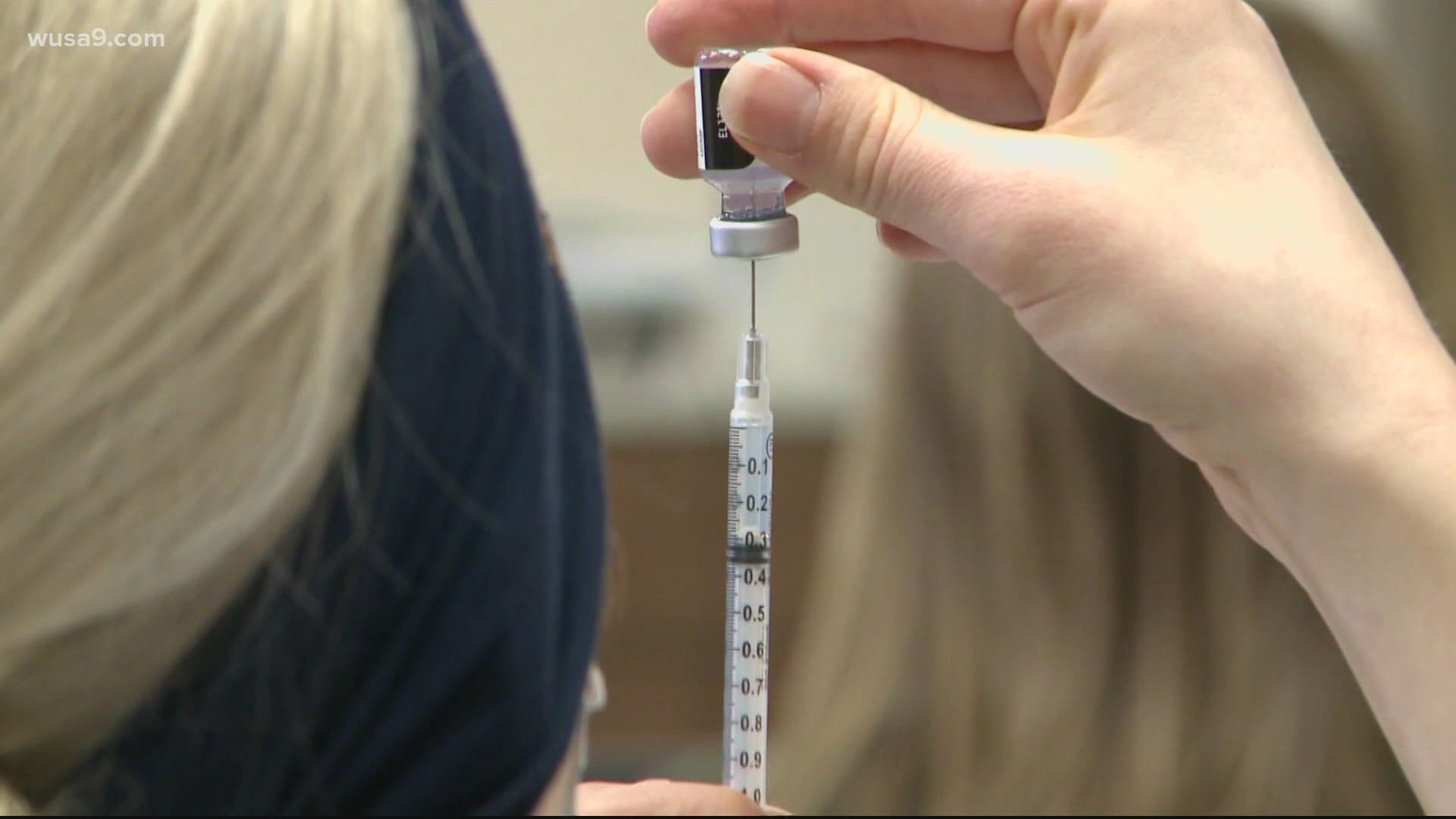WASHINGTON D.C., DC — Experts with Johns Hopkins in Baltimore said the time we’re living in is extraordinarily dangerous for public health, and the path to making it safer is challenging. Vaccine rollouts thus far have led to delays, confusion, and supply concerns.
“The Biden-Harris administration has come into office stepping into vaccine rollout efforts that were already underway, but that was really based on the state's approach to this," Dr. Chris Beyrer with Johns Hopkins said. "And so we really have a 50 state and territory plan, and it is an extraordinarily challenging thing to now begin to move toward a more national plan."
Beyrer serves as the senior scientific liaison for the COVID-19 Vaccine Prevention Network. He said what makes the vaccine plan more challenging is the number of vaccines currently available.
“We are in a period of vaccine scarcity where there is more demand than there is [supply], and we are going to be for many months," Beyrer said. "The best estimate is that we probably won't have enough vaccine for every adult in this country until probably June, maybe July.”
Dr. Beyrer said additional vaccines are currently in late-stage clinical trials, and if proved to be safe could soon come on the market. As for doses currently available, there have been reports of some vaccines going unused. Dr. Beyrer said there’s some truth to that.
“These are a precious resource and you know vaccines sitting in freezers do not save lives, immunization programs save lives," he said. "We need to get these vaccines into people's arms."
One way to get people inoculated and prevent vaccines from going unused is a tracking system, according to Beyrer.
“We have not invested in a great national surveillance system at this point," he said. "We're also behind the eight ball for that reason. On the variants, we're one of the countries that have weaker molecular surveillance as opposed to South Africa, which has done much better at this, or the U.K. That is really something we've not proud of. We really need to invest in a national tracking system, so that we'll know how the vaccines are being used. And we avoid this problem of waste -- they're too precious to waste.”
Dr. Monica Schoch-Spana said providing data will also help with trust when it comes to the vaccine.
“It needs to drive decision making,” Dr. Schoch-Spana said. “It also provides a material and solid basis for allocating scarce resources so that those in the greatest need of vaccine get it. And also those decisions are made in a very transparent way. The public wants to be able to trust that a precious, scarce, lifesaving vaccine is being allocated fairly, and to people who need it. Data helps make that decision making transparent.”

